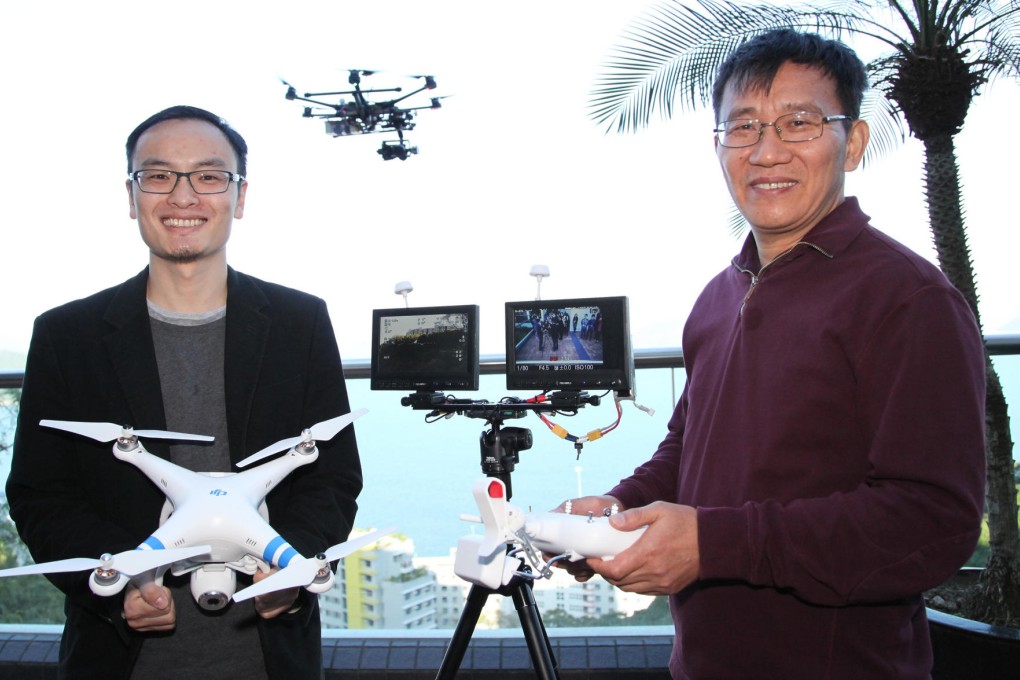The Apple of the Pearl River Delta? DJI Innovations is taking flight
DJI Innovations has 900 employees and is set to generate revenue of US$131m this year

When Frank Wang Tao sneaked away from classes at the University of Science and Technology to found a business, he could hardly have imagined that his company would one day be hailed as the Pearl River Delta's answer to Apple by his former mentor.
But seven years on, his Shenzhen-based DJI Innovations is flying high in the world of unmanned aerial vehicles. DJI says it supplies more than 50 per cent of global demand for such vehicles from the commercial and industrial sectors.
"I was a model enthusiast, but my planes often crashed," he says. "So it was my dream to develop this technology."
Aerial photography is DJI's speciality and its latest model is the Phantom, a flying camera that captures high-definition film and photographs from the sky.
Wang said DJI was the first to make this military-grade technology available to the public. Just the parts for the Phantom, which sells for 6,999 yuan (HK$8,722) on Taobao, would once have cost tens of thousands, Wang says. The Phantom is remote-controlled, with the camera controlled via smartphone or tablet.
Wang says his customers are mainly hobbyists, but the Phantom is also used for surveillance, planning and even to shoot Hollywood films and adverts.